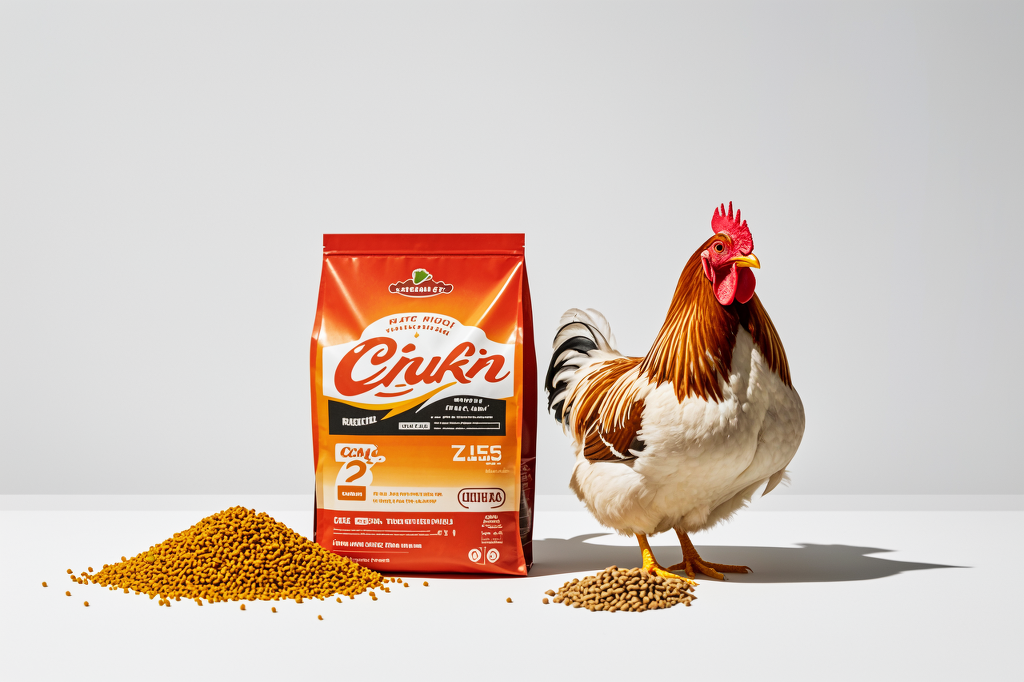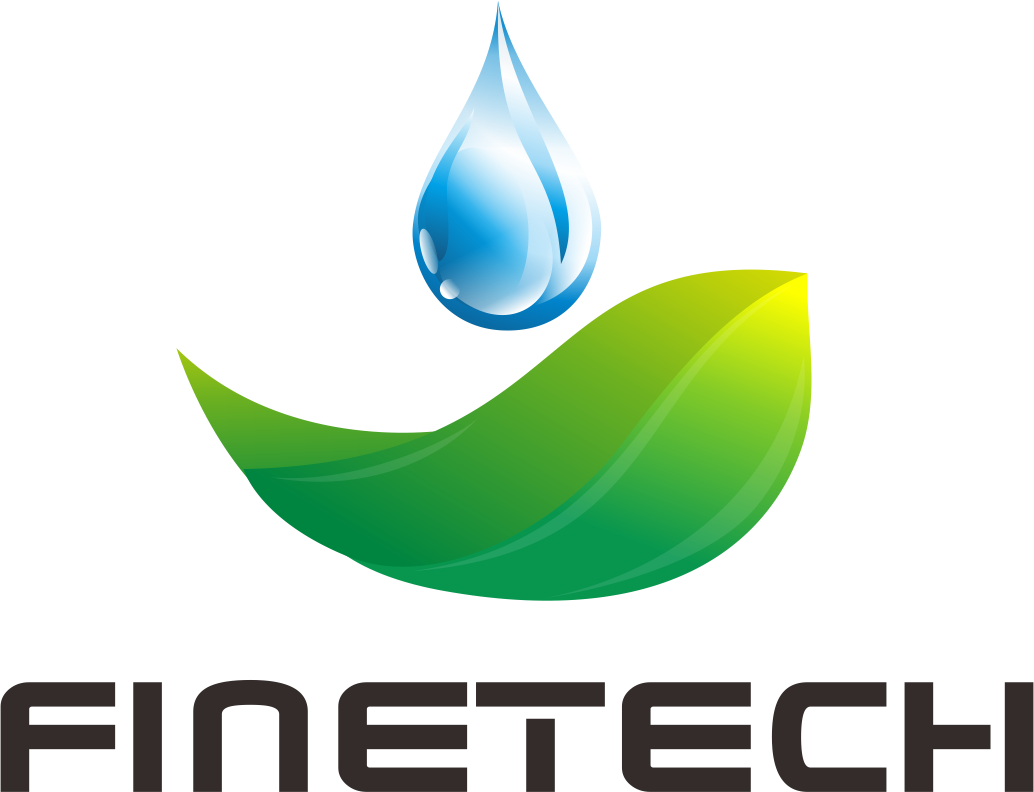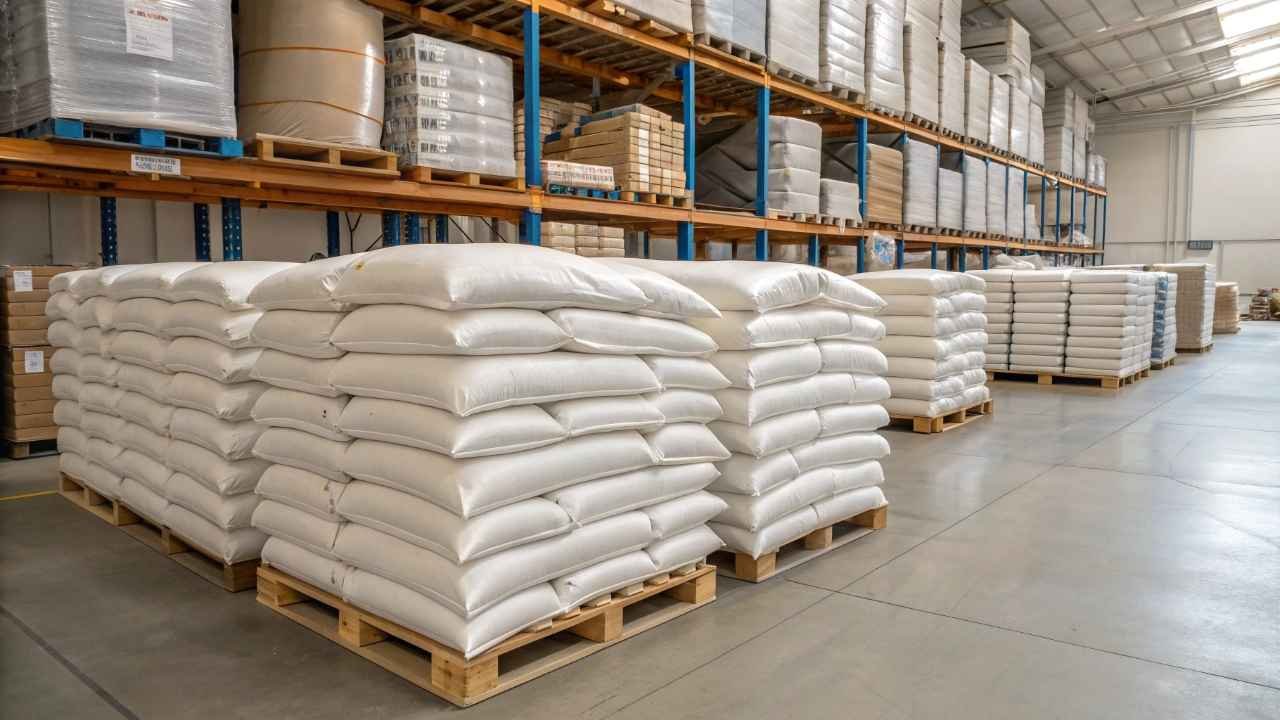L-Methionine Feed Grade: Benefits and Potential Drawbacks
L-Methionine Feed Grade is an essential amino acid supplement widely used in animal nutrition. It plays a crucial role in enhancing growth, improving feed efficiency, and supporting overall animal health. This article provides a detailed analysis of the benefits and potential drawbacks of L-Methionine Feed Grade, offering insights into its application in livestock production.

What is L-Methionine Feed Grade?
L-Methionine is one of the essential amino acids required by animals but not synthesized in sufficient quantities by their bodies. It must be provided through diet or supplements. L-Methionine Feed Grade is specifically formulated for inclusion in animal feeds to meet their dietary needs.
Benefits of L-Methionine Feed Grade
- Essential for Protein Synthesis
– L-Methionine is crucial for the synthesis of proteins and other vital molecules, supporting growth and development in animals.
- Enhanced Growth Performance
– Poultry: L-Methionine supplementation has been shown to significantly improve growth rates in broilers and layers, leading to better meat yield and egg production.
– Swine: It aids in muscle development and overall growth performance, ensuring healthier and more productive livestock.
- Improved Feed Efficiency
– L-Methionine enhances the feed conversion ratio (FCR), meaning animals require less feed to achieve the same weight gain. This leads to cost savings and more efficient production.
- Health and Immunity
– Supports immune function by promoting the production of antibodies and other immune cells, reducing the incidence of diseases and improving overall animal health.
– Acts as a precursor to important antioxidants like glutathione, which helps protect cells from oxidative damage.
- Feather and Skin Quality
– In poultry, L-Methionine is essential for feather development and maintaining healthy skin, which is important for both appearance and market value.
- Environmental Benefits
– By optimizing protein utilization, L-Methionine reduces nitrogen excretion, contributing to more environmentally friendly livestock farming practices.
Potential Drawbacks of L-Methionine Feed Grade
- Cost Considerations
– L-Methionine can be relatively expensive compared to other feed additives. The cost might be a concern for producers managing tight budgets.
– Price fluctuations in the market can impact its cost-effectiveness, requiring careful financial planning.
- Over-Supplementation Risks
– Excessive use of L-Methionine can lead to imbalances in amino acid profiles, potentially causing adverse effects on animal health and performance.
– It is crucial to monitor and manage dietary levels to avoid negative outcomes.
- Dependence on Synthetic Additives
– Relying heavily on synthetic amino acids like L-Methionine might reduce the focus on optimizing natural feed ingredients and overall diet formulation.
– A balanced approach is needed to ensure comprehensive nutrition without over-dependence on supplements.
- Regulatory and Safety Concerns
– The use of L-Methionine in animal feed is subject to regulatory standards and safety guidelines, which must be adhered to strictly.
– Proper handling and storage are essential to maintain its efficacy and prevent contamination.
Conclusion
L-Methionine Feed Grade offers significant benefits in terms of growth performance, feed efficiency, health, and environmental sustainability. However, its cost and potential risks associated with over-supplementation and dependency on synthetic additives need careful consideration. By balancing these factors, livestock producers can effectively utilize L-Methionine to enhance productivity and maintain animal health, ensuring a profitable and sustainable operation.



